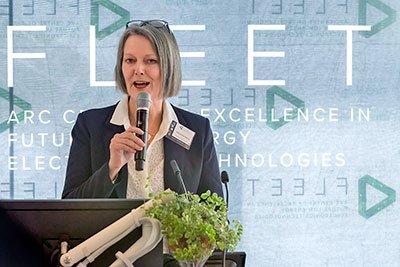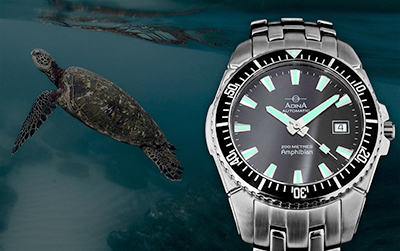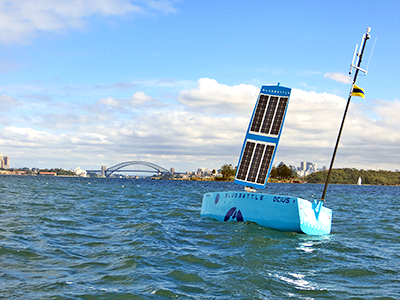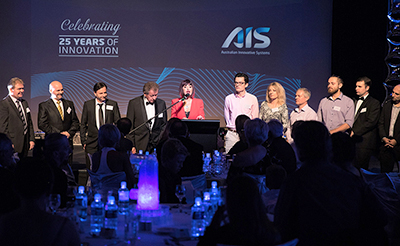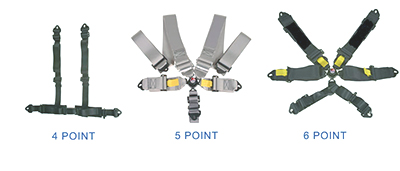ALTHOUGH the manufacturing industry in Australia is undergoing significant change – and some companies are finding their futures hard to navigate – the innovators are finding success by embracing and adapting new technologies.
A good example of a company embracing what is being called ‘Industry 4.0’ is Queensland-based Watkins Steel, an innovator in using new digital measurement and augmented reality (AR) technologies creatively and economically to both shorten manufacturing times and attract new projects. 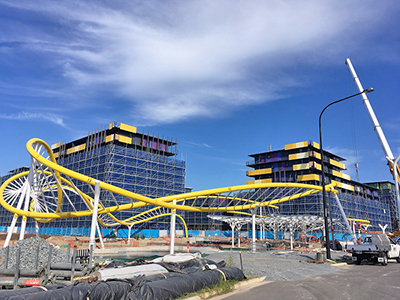
Watkins Steel was recognised in the 2017 Brisbane Lord Mayor’s Business Awards, winning ISPT Award for Digital Adoption Strategy and being acknowledged for its contribution to the continued growth of the Brisbane economy.
One of Watkins Steel’s highest profile projects became a centrepiece within the Gold Coast Commonwealth Games Athletes Village and it illustrated Watkins’ expertise in digital manufacturing.
The Commonwealth Games Architectural Arbour Model was designed by Watkins Steel with the aid of AR systems that have been developed utilising Tekla software technologies and Microsoft HoloLens systems, combined with the training assistance of the Queensland-based manufacturing skills educator, Outsource Institute of Technology.
So impressive was the Commonwealth Games Architectural Arbour Model that it won a Tekla Building Information Modelling (BIM) Award for Australia and New Zealand. Watkins Steel won the international Sports and Recreation Category Award for its Tekla model of the 2018 Commonwealth Games Athletes Village Architectural Arbour and Disc Structure.
Outsource Institute of Technology managing director Carl Spruce said Watkins Steel was embracing the technological changes in manufacturing and is taking its lead in Australian steel fabrication to new levels.
“They have implemented augmented reality (AR) as part of their customer communications,” Mr Spruce said.
“For instance, Watkins Steel can design and draft entire buildings through their augmented reality and display the buildings in full size or scaled-down sizes so that their customers can see their new buildings (depicted) in real time and on site. 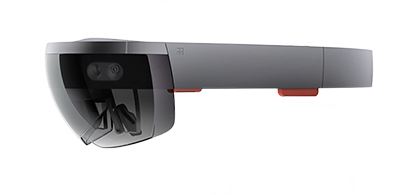
“This feature also allows the company to plan their installations with greater accuracy and efficiency and it might also help them to provide a better service to their customers and to satisfy them to a greater degree.”
According to Watkins steel the advantages of utilising digital systems and AR include less time to produce steelwork; the quality of that work improves and rework is minimised; consistent and reliable data collected by the scan can be used by all parties; on-site time is reduced, allowing other trades to progress; and the project is completed sooner for handover and use.
Outsource Institute trains Watkins Steel’s employees in the Certificate III in Engineering – Technical CAD/CAM. The training so far has focused on Watkins staff who are directly involved with the drafting of the steel structures and converting the computer aided drafting (CAD) files into computer aided manufacturing (CAM) files for the workshop machinery.
Watkins Steel staff members also learn to build the AR files as part of the manufacturing process, so the structures can be viewed through the HoloLens AR/VR goggles by both staff and clients.
The process Watkins Steel is developing is a portent to future manufacturing – which is dubbed Industry 4.0 – where manufacturers are increasingly likely to rely on computerisation, automation and AR skills.
Watkins Steel has linked together a range of systems and developed almost 100 percent accuracy in design through to manufacture and installation. Results so far show Watkins producing steelwork in 12m lengths to plus-or-minus 1mm accuracy.
Watkins Steel’s unique system ties together a Faro Focus 3D Laser Scanner and Realworks Software for site measurement, Voortman V808 Coping Machine for automated and precise steel fabrication, Trimble Robotic Total Station and Field Link Software for onsite steel installation, and Trimble Connect for sharing models with clients in the cloud, interlinked by Trimble’s Tekla AR systems.
Although there are other fabricators in Australia with some of this equipment, Watkins Steel is the first to link it all together and fully develop the four-step process between each element of steel manufacturing and installation.
INDUSTRY 4.0
While manufacturing in Australia took a body blow with the demise of large-scale automotive manufacturing in 2017, with the final closures of Ford, Toyota and Holden plants, the sector has rapidly diversified and there are doors opening in areas such as defence and, according to recent reports, space industries.
According to Outsource Institute and based on CSIRO research, while there has clearly been a decline, manufacturing remains a core part of Australia’s economy and represents the sixth largest sector in Australia in terms of total jobs. Manufacturing in all its forms currently accounts for 8 percent of national employment and remains one of Australia’s most important industries.
This new wave of technological advances in manufacturing, such as additive manufacturing and 3D printing, cyber-physical systems, cloud computing and cognitive computing is dubbed Industry 4.0. Outsource Institute's Mr Spruce said Industry 4.0 was characterised by improvements in efficiency and flexibility and the acquisition of previously unattainable capabilities, mostly through new technologies.
The demand for more expensive and bespoke products suggests that the manufacturing industry is not declining but evolving. According to research by the Australian Welding Institute, these changes are opening up opportunities for existing workers to expand their knowledge of the latest technologies and fill the science and technology gaps by upskilling.
Organisations at the forefront of this change, that are wanting to remain competitive in the industry, have commenced upskilling their workforces – and Watkins Steel is a prime example.
“Despite the declining traditional manufacturing industry in Australia, there are many opportunities for companies to fill the technology gaps by upskilling and cross-skilling workers for the more advanced manufacturing wave,”Mr Spruce said.
“Industry 4.0 creates what has been called the ‘smart factory’ and smart factories will need a ‘smart workforce’.
“The pressures that manufacturing is experiencing are not unique to Australia. Skills for the modern tradesperson are paramount to the success of a country’s manufacturing capability and their overall economic success – and therefore, this new wave involves upskilling.
“Industry 4.0 shows how fast technology advances and keeping up with these changes is crucial to everyone’s career progression.”
Outsource Institute’s new courses in Hydraulics, Instrumentation, Advanced Welding Technology and Pneumatics have been designed to specifically address upskilling challenges facing Australian manufacturers.
“There are other crucial skills that are important in the advancing manufacturing industry to bring your engineering career to the next level such as leadership skills and strong communication skills, which give you the capability to communicate your engineering knowledge to an uninitiated audience,” Mr Spruce said.
“Diversifying your skills will make you stand out in a competitive employment market and increase efficiency, customer satisfaction and effectiveness.”
According to the Australia Institute Centre for Future Work report, Manufacturing: a moment of opportunity 2017: “There is more economic space than at any time in recent years to expand investment, production, and employment in value-added manufacturing.”
For the Australian manufacturers who move quickly to upskill their workforces and invest in new capabilities – as Watkins Steel has – the future will be bright according to the Outsource Institute of Technology.
www.watkinssteel.com.au
www.outsourceinstitute.com.au
ends
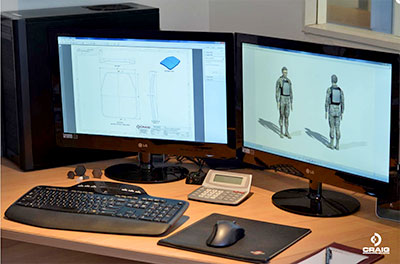

 How to resolve AdBlock issue?
How to resolve AdBlock issue? 